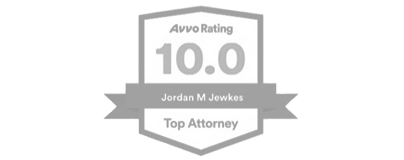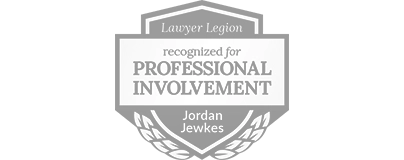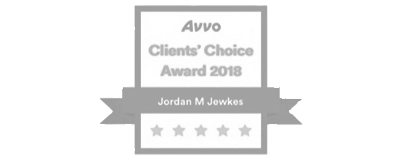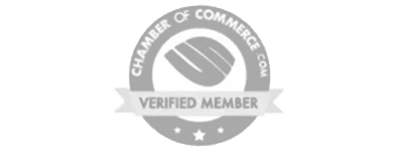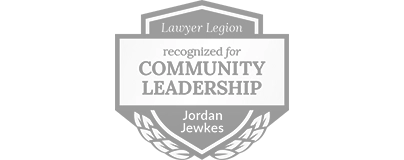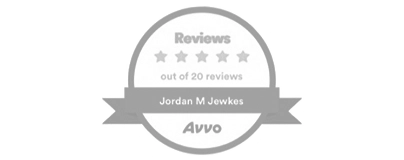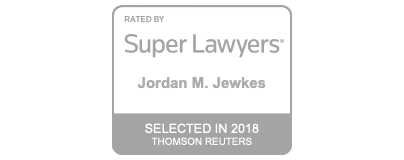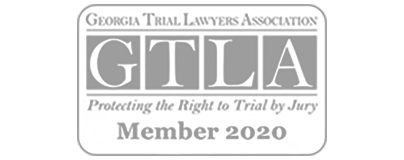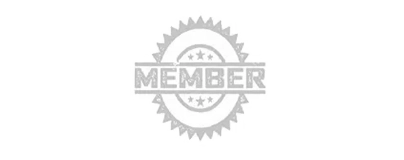Home | Glossary of Personal Injury Terms | Strict Liability
Strict Liability
When another party causes you injury or harm, you have the right to pursue a legal claim against that party for damages. This legal principle of liability creates a responsibility for the responsible party to compensate you for the injuries and damages you have suffered. Personal injury claims typically rely on negligence. This requires the injured party to show that the other party failed to act with the level of care a reasonable person would in a similar situation. However, it is crucial to recognize that not all personal injury cases hinge on negligence. Some injury claims are based on a legal doctrine known as strict liability. This distinction is vital for individuals who find themselves injured due to circumstances that might not involve negligence.
Understanding the nuances of liability is essential, especially in the context of personal injury claims, where different types of liability apply based on the circumstances surrounding the injury.
What Is Strict Liability?
Strict liability is a legal doctrine that holds a party financially responsible for damages regardless of whether they intended to cause harm. In strict liability cases, the injured party only needs to prove that the other party’s actions or conduct directly led to their injuries. This approach simplifies the process for victims, as they do not have to navigate the often complex waters of proving negligence.
It is important to clarify that strict liability does not automatically equate to liability for damages. Plaintiffs must still establish specific legal elements to successfully prevail in a strict liability claim. These elements typically include the existence of a defect or the nature of the activity that caused the injury.
Types of Personal Injury Cases Involving Strict Liability
Several types of personal injury claims commonly utilize the strict liability standard. Understanding these can help potential plaintiffs identify whether their situation qualifies for a strict liability claim:
Product Liability Claims
Under product liability laws, a party can be held strictly liable if a defective product leads to injury. There are three primary categories of strict liability cases concerning defective products:
- Design Defect – The plaintiff must demonstrate that the product’s design was inherently flawed, rendering it dangerous to use, and that this design flaw directly resulted in their injury.
- Manufacturing Defect – Here, the injured party must show that a mistake occurred during the manufacturing process, leading to a defective product that caused their injury.
- Breach of Warranty – In this scenario, a seller or manufacturer provides an implied or explicit warranty that a product will function as advertised. If the product fails to meet these promises and causes injury, the injured party may have a valid claim.
While strict liability provides a clear path for victims, several defenses exist in cases involving defective products. For instance, if the injured party misused the product in a way that was foreseeable and could lead to injury, the manufacturer might not be held liable. Similarly, if the injured party modified the product in a way that caused the injury, this could absolve the manufacturer of responsibility.
Abnormally Dangerous Activities
Certain activities are so inherently dangerous that those who engage in them can be held strictly liable for any resulting injuries, regardless of the precautions they take. Examples of abnormally dangerous activities include:
- Blasting and demolition
- Storing and using explosives
- Disposing of hazardous substances
- Fumigating or crop dusting with toxic chemicals
Even if a party exercises the utmost care to prevent accidents, the nature of these activities creates a significant risk of harm. Thus, if an accident occurs, the party can be held strictly liable for the injuries and damages that result.
Animal-Related Injuries
The ownership of exotic or wild animals poses a significant risk of injury to others, which is why strict liability is often applied in such cases. If a wild animal causes an injury, the owner can be held strictly liable for any damages incurred. Additionally, in some jurisdictions, dog bite laws impose strict liability on dog owners, meaning they can be held accountable for injuries their dog causes, although the specifics can vary based on local laws.
Potential Damages in Strict Liability Claims
The damages awarded in a personal injury claim based on strict liability do not differ fundamentally from those in negligence cases. Instead, the damages are contingent upon the specific facts and circumstances of the individual case. Most victims can seek compensation for both economic and non-economic damages. You could recover the following types of damages:
- Physical pain and suffering
- Medical bills and expenses
- A decrease in quality of life
- Mental anguish and emotional distress
- Loss of income, wages, benefits, and earning capacity
- Impairments and disabilities
- Out-of-pocket expenses
- Scarring and disfigurement
- Loss of enjoyment of life
As with any personal injury claim, the severity of your injuries plays a significant role in determining the value of your damages. Therefore, meticulous documentation of your losses and expenses is essential and can greatly enhance the overall value of your claim.
Timeframe for Filing a Strict Liability Claim
The statute of limitations for strict liability claims varies depending on the nature of the claim being filed. You must initiate most product liability claims within two years of discovering the injury. This two-year statute typically also applies to cases involving dog bites, injuries caused by wild animals, and those related to abnormally dangerous activities.
However, exceptions to the general statutes of limitations may exist, making it critical for victims to consult with an experienced South Atlanta personal injury attorney as soon as possible after an accident or injury. Delaying the legal process can jeopardize your right to file a personal injury lawsuit.

GEORGIA PERSONAL INJURY LAWYER NEAR ME
Get the Compensation You Deserve
Proving liability for an accident or personal injury can be complex and challenging, particularly in cases involving strict liability. Our legal team at The Jewkes Firm will handle the investigative aspects necessary to gather compelling evidence and build a robust case against the party responsible for your injury. Do not hesitate to reach out to our law firm at for a free case evaluation. Contact our knowledgeable South Atlanta personal injury lawyers at (770) 771-5130 today. We are here to guide you through the legal process and help you seek the compensation you deserve.
GET A FREE CASE REVIEW
PRACTICE AREAS
Frequently Asked Questions?
Do I need a personal injury attorney?
The Jewkes Firm is well-versed in effectively challenging major insurance companies on your behalf to secure the highest settlement permissible by law. Our primary objective is to ensure your optimal recovery. It is only after this point that we assess the worth of your case.
What is the deadline for filing an injury case in Georgia?
The timeframe for filing an injury case, also known as the statute of limitations, can vary significantly. As per OCGA §9-3-33, you are granted a two-year period from the date of your injuries or the passing of a family member to initiate your personal injury claim.
What is the cost to hire a personal injury attorney?
There is no upfront cost associated with hiring a personal injury lawyer. Our fees are based on a percentage of your settlement, meaning you only pay if we successfully recover compensation. Our top priority is ensuring your well-being and helping you return to your normal life.
What damages can you recover from a personal injury?
A personal injury lawyer aims to establish negligence and seek restitution for the harm caused by the liable party. Additionally, you may be entitled to compensation for funeral costs, medical expenses, and income lost if you are a family member of someone who died as a result of an injury.
Free Case Evaluation



